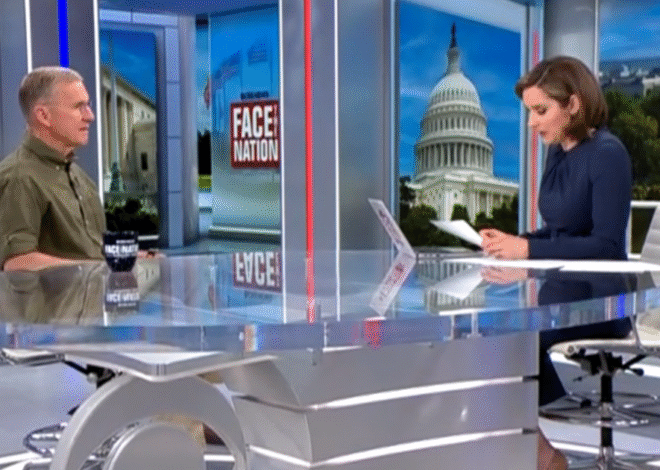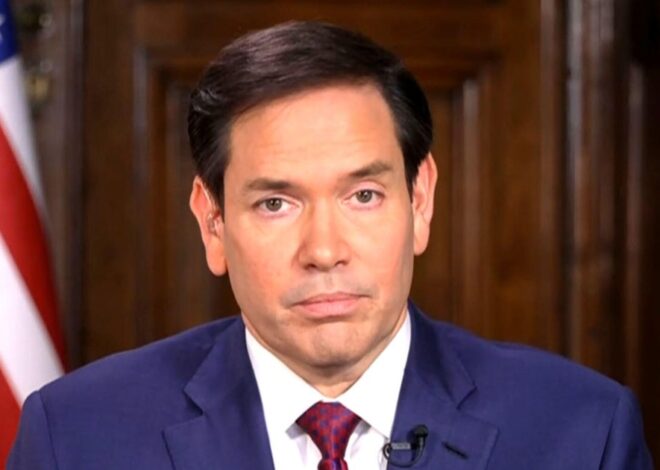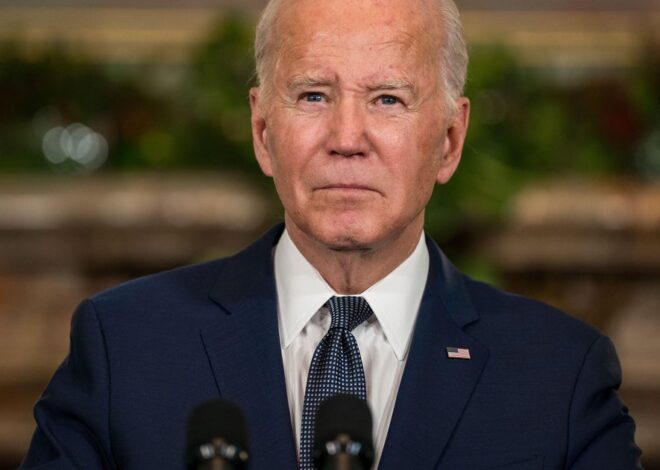
Understanding Biden’s Prostate Cancer Diagnosis: Key Insights into the Disease
A Glimpse into Biden’s Health Struggles
It was a typical day-until a friend messaged, their words cutting through the mundane: “Did you hear about Biden?” Turns out, former President Joe Biden has been diagnosed with metastatic prostate cancer at the age of 82. It feels surreal, almost like hearing about a fictional character, but it’s very much his reality. His office has called it an “aggressive form” of cancer, spreading to his bones.
The details are daunting. With a Gleason score of 9, Biden is in the most severe category-Grade Group 5. Now, I’m not a medical expert, but that sounds pretty dire. Prostate cancer is one of those things you hope never becomes personal, yet here we are, contemplating its grip on someone who once held the highest office.
According to Johns Hopkins Medicine, prostate cancer often lurks without symptoms, sneaking up on you like an unwelcome surprise. Yet for Biden, some symptoms did emerge-urinary issues, maybe a little pain here and there-enough to warrant a check-up that led to finding a small, ominous nodule. I can’t help but wonder about the implications of such discoveries. How many lives take a sudden left turn because of these small, hidden signs?
And then there’s the debate. Should men over 75 even be screened for prostate cancer? Many experts say no, pointing to slow-growing cancers that may never cause harm. But Biden’s case is different-an illustration of how individual decisions matter. His health seemed just fine in February 2024 when he was declared “fit to serve.” Life, as it often does, had other plans.
The Cleveland Clinic explains the Gleason score further. It’s all about looking at cells under a microscope, identifying how different they are from normal cells. A score of 9 means things look quite bleak without intervention, especially with bone metastases now in the picture.
But prostate cancer is often curable, says the Mayo Clinic. In Biden’s situation, though, it’s more about managing the disease. It’s a dance of preserving life quality while slowing progression. Decisions hinge on balancing benefits and risks-a delicate equilibrium, especially for someone of his age.
The good news, if you can call it that, is Biden’s cancer is hormone-sensitive. Testosterone-blocking treatments, like Lupron, are on the table. It’s fascinating how medicine can manipulate hormones to stall cancer growth. There’s talk of other therapies, even chemotherapy-depends on how things unfold.
And it’s not just about Biden. He’s one among an estimated 313,780 men facing prostate cancer in the U.S. this year, says the American Cancer Society. It’s a stark reminder of how many lives intersect with this disease. Each diagnosis, a ripple in someone’s life story, a thread that connects many in this shared human experience.



